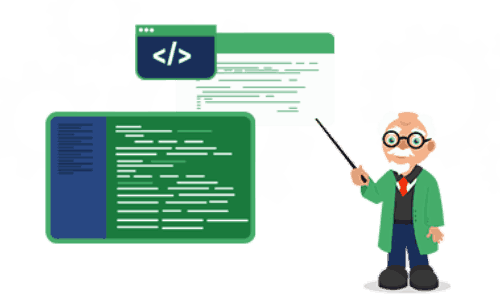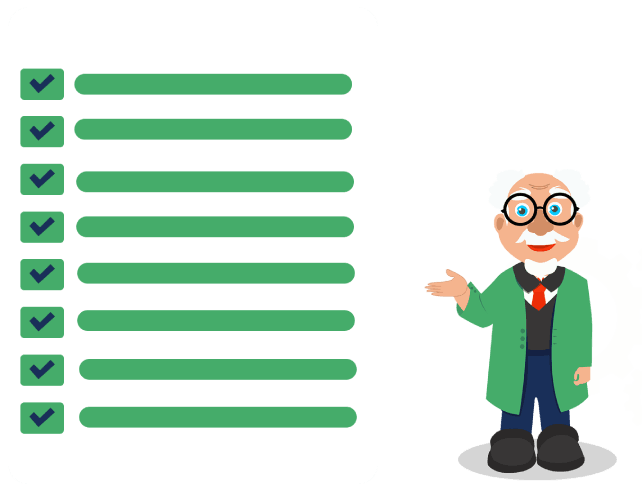Agile Development: DevOps engineers help teams organise work in shorter iterations, called sprints, to get through an increased number of releases. They also help map out the work that teams must complete in upcoming iterations, and incorporate feedback from each version of a software platform to address future issues.
Continuous Integration (CI): DevOps engineers make sure that new code coordinates properly with an existing codebase. It’s their job to ensure consistency in development and avoid the inclusion of components that would hurt performance and negatively affect users.
Continuous Delivery (CD): DevOps engineers oversee the continual delivery of new code via testing and automation. They look for ways to remove waste and ensure that code is consistently ready-to-deploy. DevOps engineers should understand how to leverage popular CI/CD tools like Jenkins to manage different aspects of continuous delivery.
Orchestration: One essential skill often relied upon by DevOps engineers is being able to analyse current practices and look for ways to improve efficiency by removing manual tasks. The orchestration process makes sure any repetitive steps performed by humans get transformed into an automated process to speed up deployments. Such functions include implementing database changes or launching a new web server.
Source / Version Control: Source control tools, also called version control tools, help DevOps engineers cut down on development time and improve their chances of having successful deployments. These tools facilitate the tracking and storage of any changes to software projects over different periods. Popular source control tools include GitHub, Subversion, AWS CodeCommit, and Microsoft Team Foundation Server.
Container Management: Containers make it easier for DevOps engineers to set up hosting of different applications in a portable environment. They let you create exact copies of a system required for deployment. Containers are more lightweight than the virtual machines used for this purpose in the past. Examples of popular container technology include Docker, Kubernetes, Microsoft Containers, and DigitalOcean. Using containers helps DevOps engineers ensure consistency across multiple environments.
Programming Knowledge: Having a programming background is crucial to success as a DevOps engineer. Some languages that a prospective DevOps engineer may want to learn include Java, Python, PHP, C#, Ruby, G and JavaScript.



 Premium Career-Ready Track
Premium Career-Ready Track













